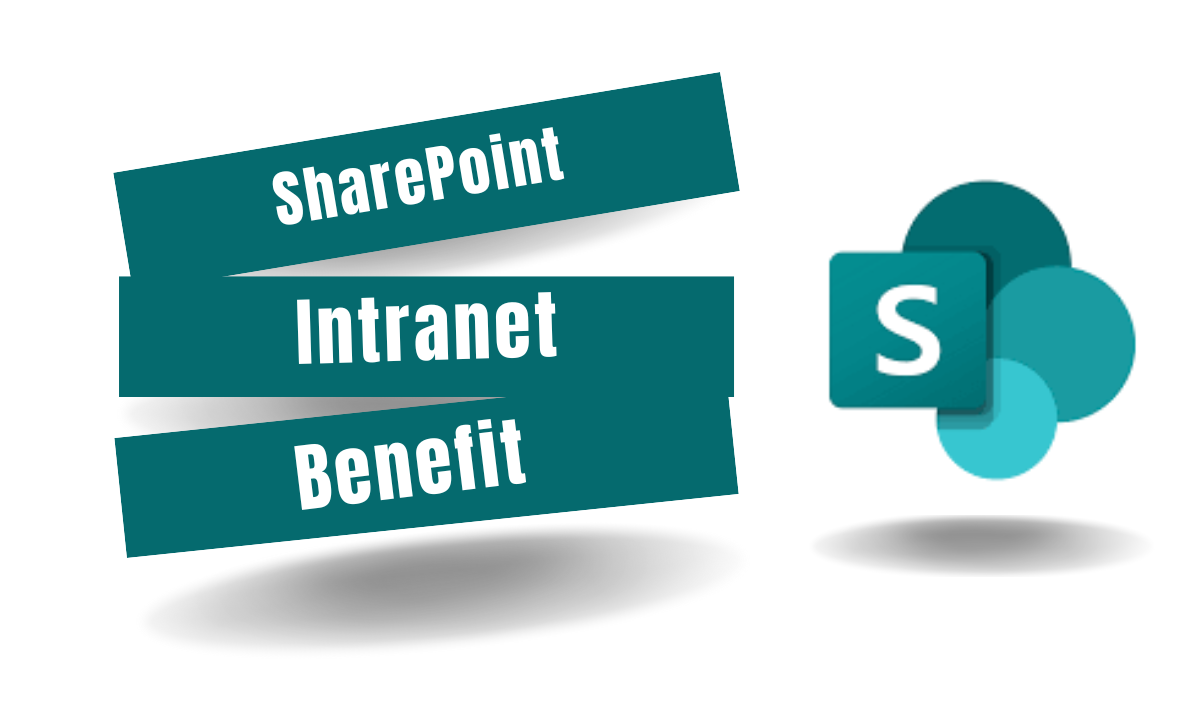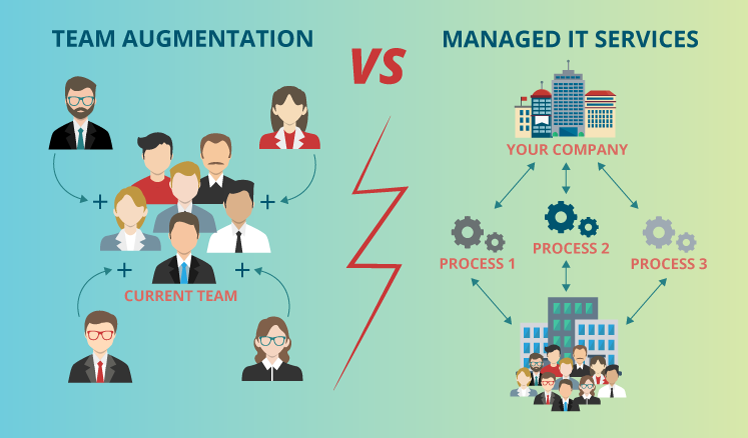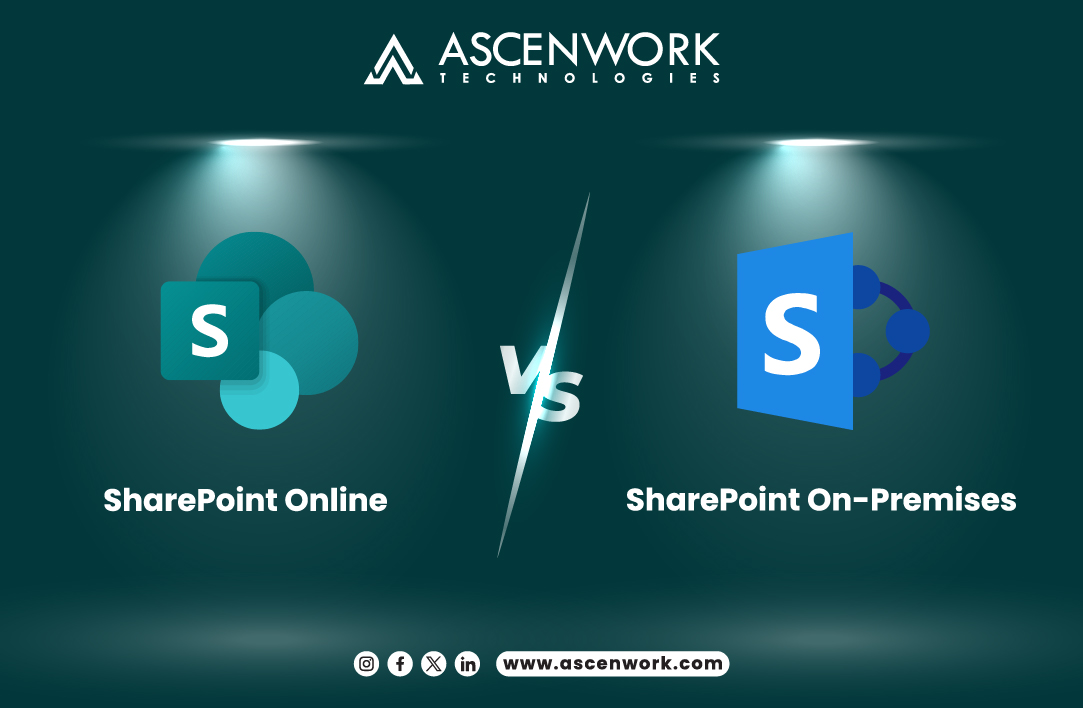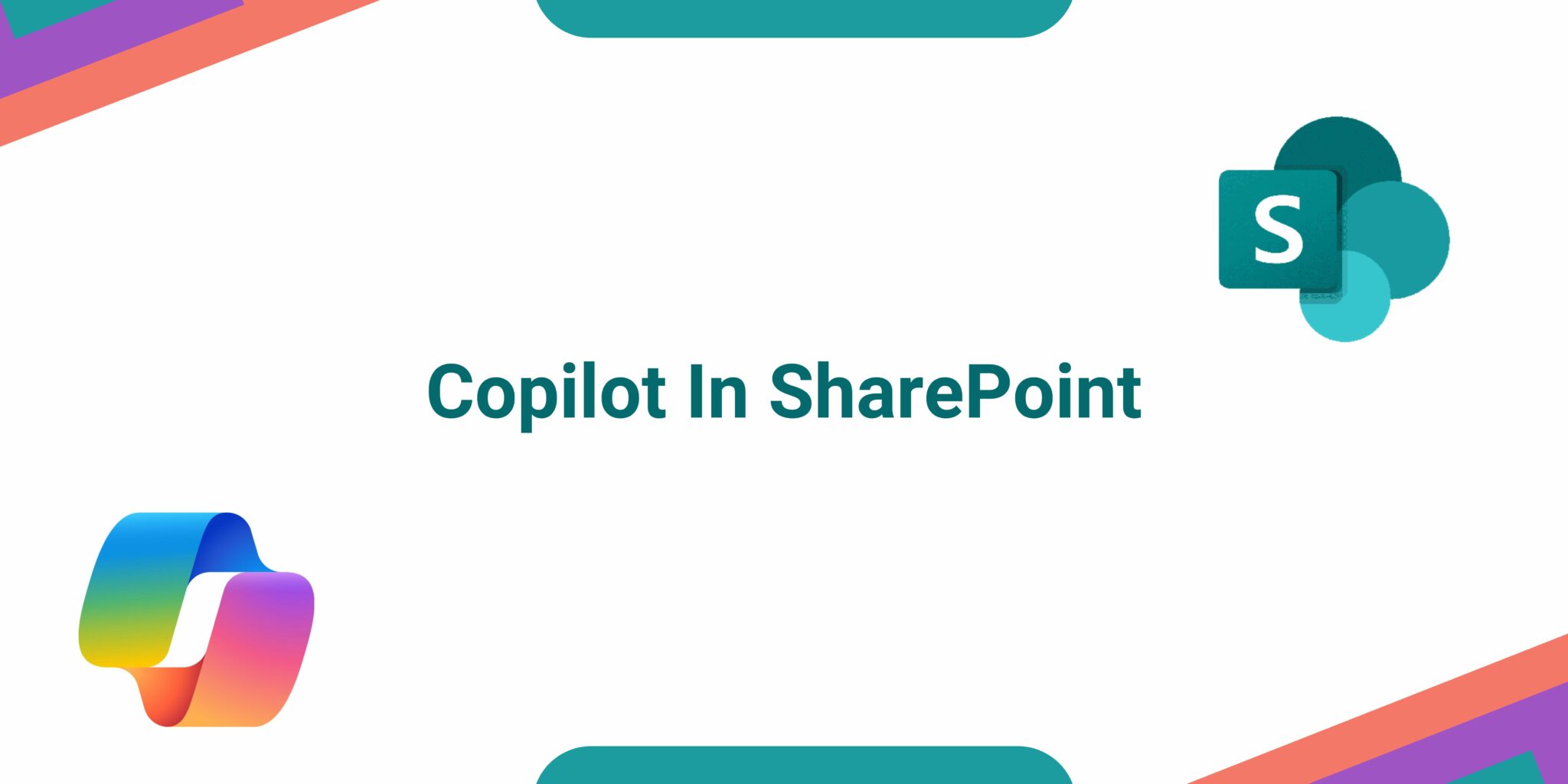integration of AI tools and machine learning into SharePoint development. As organizations increasingly seek to enhance productivity and streamline workflows, the combination of SharePoint’s robust collaboration features with advanced AI capabilities presents a powerful opportunity. This document outlines the potential applications, benefits, and best practices for leveraging AI and machine learning within SharePoint environments.
SharePoint is a versatile platform that enables organizations to create websites, manage documents, and facilitate collaboration among team members. With its extensive features, SharePoint serves as a central hub for information sharing and project management. However, as the digital landscape evolves, there is a growing need to incorporate intelligent solutions that can automate processes, analyze data, and improve user experiences.
Artificial Intelligence (AI) can significantly enhance SharePoint development by providing tools that automate repetitive tasks, analyze large datasets, and offer personalized experiences.
AI can help in categorizing and tagging documents automatically, making it easier for users to find relevant information. Machine learning algorithms can analyze user behavior and preferences to suggest content that is most likely to be useful.
With AI-powered search functionalities, users can benefit from improved search results that understand context and intent. Natural Language Processing (NLP) can be utilized to interpret user queries more effectively, leading to more accurate and relevant results.
AI tools can automate routine tasks within SharePoint workflows, reducing manual effort and increasing efficiency. For example, AI can trigger notifications, assign tasks, or even generate reports based on predefined criteria.
By leveraging machine learning, organizations can analyze historical data to predict future trends and behaviors. This capability can be particularly useful for project management, resource allocation, and risk assessment.
To successfully integrate AI and machine learning into SharePoint development, organizations should consider the following best practices.
Begin by identifying specific use cases where AI can add value. This could range from improving document retrieval to automating approval processes. Understanding the needs of users will help in selecting the right tools and technologies.
There are various AI tools and machine learning frameworks available that can be integrated with SharePoint. Consider options such as Microsoft Azure Cognitive Services, Power Automate, and SharePoint Framework (SPFx) for custom solutions.
The effectiveness of AI and machine learning relies heavily on the quality of data. Ensure that the data stored in SharePoint is accurate, consistent, and well-organized to maximize the benefits of AI integration.
Provide training and resources to help users understand how to leverage AI tools effectively. This will encourage adoption and ensure that users can fully utilize the capabilities offered by AI-enhanced SharePoint solutions.
SharePoint development with AI and machine learning involves integrating intelligent technologies into SharePoint to automate tasks, enhance collaboration, and improve document management through AI-powered workflows, data analytics, and custom AI models.
AI tools can automate document categorization, tagging, and version control in SharePoint. Machine learning models can be trained to analyze content and suggest relevant documents, ensuring faster access to critical information.
Yes, AI can be integrated into SharePoint workflows to streamline repetitive tasks, such as approvals, form processing, or data extraction. AI-based solutions can predict actions, route documents intelligently, and reduce manual intervention.
Machine learning improves SharePoint’s search functionality by analyzing user behavior and delivering more relevant search results. It helps users find content more quickly by learning from search patterns and predicting queries.
The complexity of integrating AI into SharePoint depends on the use case. Microsoft offers built-in tools like Power Automate and Power BI for basic AI features, but advanced machine learning models may require custom development using frameworks like Azure AI.



